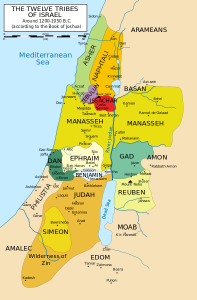Today’s hymn from Sing Praise is ‘In the name of Christ we gather’ by Shirley Murray. It’s a niche hymn intended for an ordination service. In Anglican (and probably Catholic) tradition these usually happen at Petertide, i.e. St Peter’s Day – 29th June, or in practice the nearest weekend. Many cathedrals will have hosted such services today, when people are ordained as deacons or priests, or their ministry ‘upgraded’ from one to the other.
The first verse acknowledges that the ordination is ‘in the name of Christ’. The new deacon or priest is expected in many ways to represent Christ to their community, both the regular congregation and wider parish. That’s what makes it such a high calling, and different from an ordinary form of employment.
The second verse expands this by referring to some of the particular priestly functions: teaching and caring (though those are increasingly shared with lay people), and to administer the sacraments of communion and baptism (‘in bread and wine and water’), to which we could add weddings and funerals.
The third verse recognises that the priestly life is not always easy, needing God’s word to make the ‘preaching, praying and caring’ effective, and that there will be ‘doubts and challenge, days of pain and darkness’. The last verse turns back to God, as ‘Word of joy, enlivening Spirit’, calling him to ‘grow within your chosen servants life of God that has no end’.
Let us pray for all those setting out on this new life today, that they will live up to their calling and stay faithful to it even in the difficult times.
